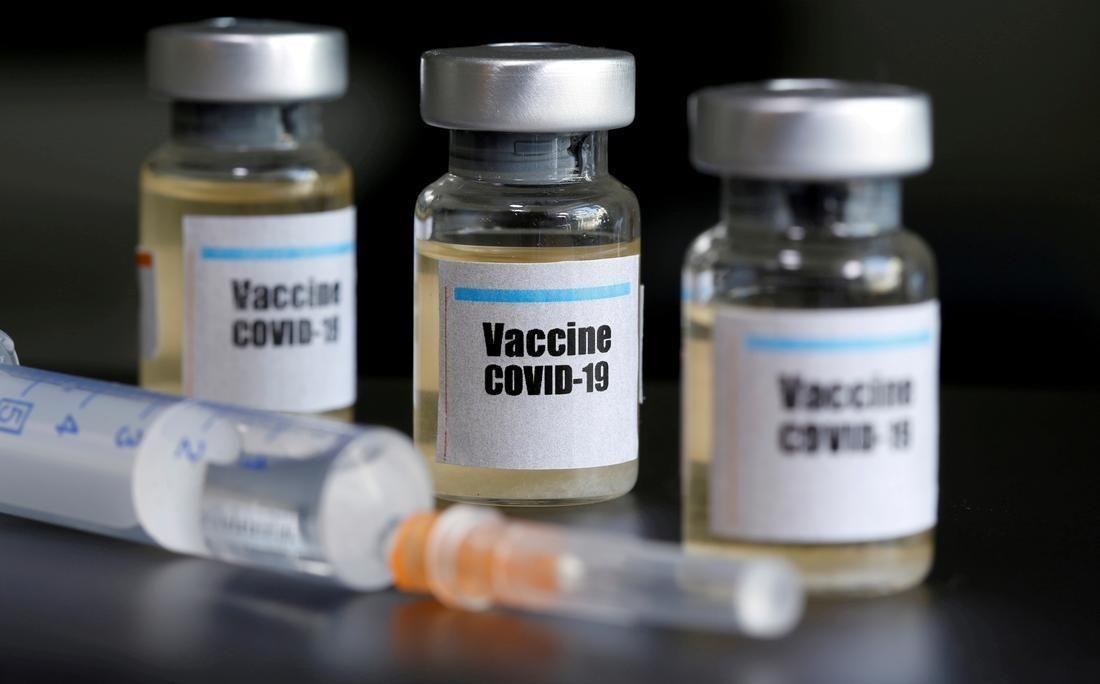EMA finds AstraZeneca possible link to blood clots.
European Medicines Agency safety committee (PRAC) has concluded today that unusual blood clots with low blood platelets should be listed as very rare side effects of Vaxzevria (formerly COVID-19 Vaccine AstraZeneca).
In reaching its conclusion, the committee took into consideration all currently available evidence, including the advice from an ad hoc expert group, the EMA said.
EMA is reminding healthcare professionals and people receiving the vaccine to remain aware of the possibility of very rare cases of blood clots combined with low levels of blood platelets occurring within 2 weeks of vaccination. So far, most of the cases reported have occurred in women under 60 years of age within 2 weeks of vaccination. Based on the currently available evidence, specific risk factors have not been confirmed.

According to the EMA, people who have received the vaccine should seek medical assistance immediately if they develop symptoms of this combination of blood clots and low blood platelets (see below).
The PRAC noted that the blood clots occurred in veins in the brain (cerebral venous sinus thrombosis, CVST) and the abdomen (splanchnic vein thrombosis) and in arteries, together with low levels of blood platelets and sometimes bleeding.
Patients should seek medical assistance immediately if they have the following symptoms
- shortness of breath
- chest pain
- swelling in your leg
- persistent abdominal (belly) pain
- neurological symptoms, including severe and persistent headaches or blurred vision
- tiny blood spots under the skin beyond the site of injection
Information for the general public
- Cases of unusual blood clots with low platelets have occurred in people who received Vaxzevria (formerly COVID-19 Vaccine AstraZeneca).
- The chance of having this occur is very low, but you should still be aware of symptoms so you can get prompt medical treatment to help recovery and avoid complications.
- You must seek urgent medical attention immediately if you have any of the following symptoms in the weeks after your injection:
- shortness of breath
- chest pain
- leg swelling
- persistent abdominal (belly) pain
- neurological symptoms, such as severe and persistent headaches or blurred vision
- tiny blood spots under the skin beyond the site of the injection.
- Speak to your healthcare professional or contact your relevant national health authorities if you have any questions about the roll out of the vaccine in your country.
The EU emphasize, these blood clots are rare and the risk outweigh the benefits. The Agency concluded that blood clotting should be listed as a possible rare side effect of the vaccine. Britain Medicines and Healthcare products Regulatory Agency (MHRA) Chief Executive June Raine, said since March 31, 2021 seventy nine (79) people reported to have contracted blood clots after the first dose. Out of the 79 people, 19 have sadly died. Britain will not recommend AstraZeneca for people under 30 years old. An alternative vaccine will be recommended.
In Germany, AstraZeneca is not recommended for people below 60.
According to The Brussels Times, Belgium’s health ministers have decided that the country will temporarily introduce a minimum age limit for the use of AstraZeneca’s vaccines, according to reports in Belgian media. It is currently unclear if the limit will be 55 years like France, or 60 years like the Netherlands and Germany, Het Nieuwsblad reports, citing various sources.
The Jamaican government continues the role out of the vaccine which began on March 10, 2021. There are no updates from the Andrew Holness government on the multiple issues with the vaccine. Jamaica secured 34 million United States dollars or 5 billion Jamaican dollars to purchase vaccine some 3.5 million doses of vaccine to vaccinate 2 million Jamaicans. The Health and Wellness Minister’s Office have released the statement that Jamaica is to receive between 146,400 and 249,600 doses of #AstraZeneca COVID-19 vaccine by middle of February 2021. This means that some 125,000 Jamaicans could receive vaccines by the end of February into March.
The European Union and other countries had suspended the AstraZeneca vaccine in March but resumed it usage~ Jamaica Live. The findings came today after further research from the EMA.
